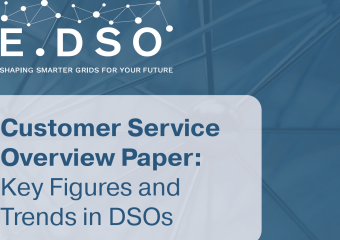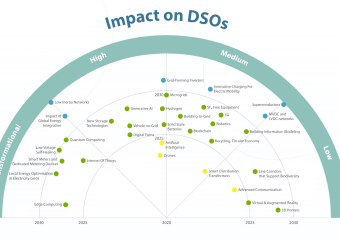In anticipation of the upcoming inter-institutional negotiations on the Public Sector Information (PSI) Directive, E.DSO publishes its Trilogue recommendations.
E.DSO believes that the provision of open data holds many benefits for society. Large-scale sharing and re-use of data can facilitate innovation and new services. It can also help policymakers to make evidence-based decisions and increase efficiency in public administration. Moreover, open data contributes to transparency, which is essential for DSOs in their role as public service providers. Due to their legal tasks and obligations, DSOs hold a variety of data that can be broadly divided into three categories: meter data, grid data, and market data. Not all of these are suitable for public release. We, therefore, urge the co-legislators to recognise sector-specific considerations when assessing which data is suitable for public release and which is not. A horizontal approach to open data and application to public undertakings in general, as currently foreseen in the Public Sector Information Directive, is not the right approach. For these reasons and due to the critical nature of their activities, we believe that operators of critical infrastructure / essential services, in accordance with the NIS Directive, should be exempted from the scope of the PSI Directive.
Our five key messages are:
- Public undertakings, and specific operators of critical infrastructure / essential services, should be exempted from the scope of the PSI Directive.
- In any case, public undertakings must have the discretion to decide whether or not to authorise the re-use of their documents. It must be clarified that the PSI Directive does not impose new obligations on what data to publish, but instead sets requirements on how to make this data available for re-use.
- Protection of sensitive customer data is a key concern for DSOs and must be guaranteed.
- Ensure the proper involvement of stakeholders in the definition of high-value data sets and give DSOs flexibility in the provision of dynamic data.
- Data providers must have the possibility to recover their costs.






